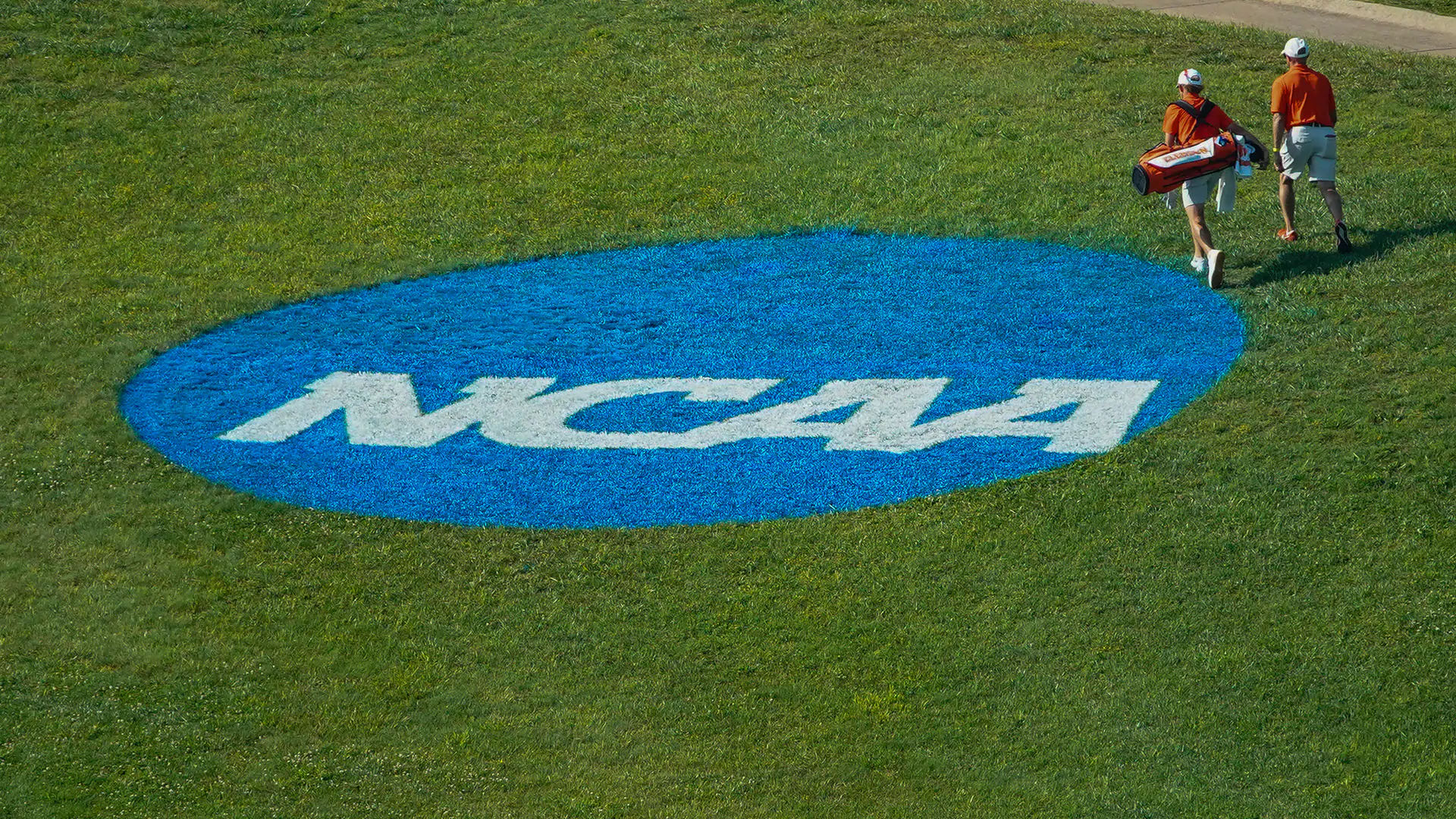NCAA D-I council recommends board of directors ‘suspend’ NIL rules

The NCAA is close to adopting temporary legislation regarding student-athlete compensation for name, image and likeness.
The NCAA Division I council voted Monday to recommend the Division I Board of Directors adopt an interim policy “that would suspend amateurism rules related to name, image and likeness,” according to an NCAA statement. The board will meet Wednesday to decide on the matter.
As previously reported last week, the recommended rules will allow student-athletes to earn compensation for their name, image and likeness in accordance with the law of the state in which they attend school. New NIL laws in seven states, including Florida, Texas and Alabama, go into effect on Thursday, and 24 other states have either already passed legislation that will go into effect at a later date or are in the process of doing so.
As for student-athletes who attend school in a state that does not have an NIL law, the council recommends that the NCAA also allow those players to benefit from their name, image and likeness without violating NCAA rules. Schools and conferences will also have the option to adopt their own policies.
Under this guidance, student-athletes will be allowed to use professional NIL services but must also “report NIL activities consistent with state law or school and conference requirements to their school.”
The only major prohibition the board is expected to keep in place on Wednesday is not allowing “pay-for-play and improper inducements tied to choosing to attend a particular school.”
If these guidelines are adopted by the board, the temporary action would remain in place until federal legislation or new NCAA rules are adopted.
Plans to vote on an actual proposal have been delayed multiple times, most recently by the Supreme Court case, NCAA v. Alston, which on Monday resulted in a landmark decision that “struck down NCAA rules limiting the education-related benefits schools may offer student-athletes, such as rules that prohibit schools from offering graduate or vocational school scholarships,” according to Justice Neil Gorsuch in his official opinion.
While educational compensation differs from NIL, Justice Brett Kavanaugh added that the NCAA’s remaining compensation rules raise “serious questions” and may lack justification whether those rules “pass muster under ordinary rule of reason scrutiny” in regard to federal antitrust laws. According to the AP, one of the plaintiffs’ attorneys in Alston also filed an NIL-related lawsuit earlier this month, and a judge on Thursday denied an NCAA motion to dismiss the lawsuit.
“The bottom line is that the NCAA and its member colleges are suppressing the pay of student athletes who collectively generate billions of dollars in revenues for colleges every year,” Kavanaugh wrote. “Those enormous sums of money flow to seemingly everyone except the student athletes. College presidents, athletic directors, coaches, conference commissioners, and NCAA executives take in six- and seven-figure salaries. Colleges build lavish new facilities. But the student athletes who generate the revenues, many of whom are African American and from lower-income backgrounds, end up with little or nothing.”
The NCAA has previously requested a limited antitrust exemption from the Supreme Court while it continues to work through its own rule changes, but such requests for some temporary legal protection have not been approved.
The USGA and R&A are finally modernizing their rules of amateur status, and it should be a net positive for the game.
As for how these new NIL rules will affect college golfers, who still must follow the USGA and R&A’s Rules of Amateur Status, there shouldn’t be much conflict, at least from golf’s side, come Jan. 1, 2022, when golf’s new amateur rules go into effect. In February, golf’s governing bodies announced that it would eliminate all sponsorship-related restrictions, including how an amateur may benefit from his or her name, image or likeness, including but not limited to the receipt of expenses.
Essentially, the only actions that would violate golf’s new Rules of Amateur Status would be amateurs accepting more than $750 in prizes in tee-to-hole competitions, receiving payment for face-to-face golf instruction, or accepting employment as a club professional and/or membership on a professional tour.
